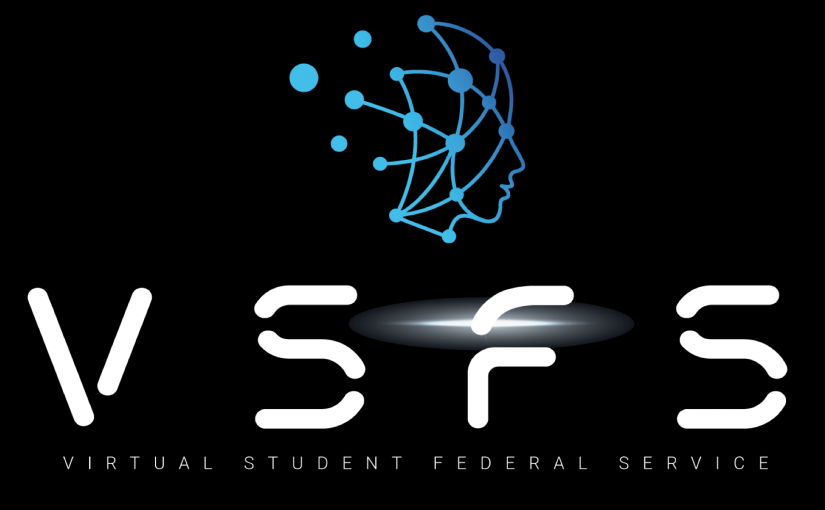Winter break is a great time to relax and recharge after a busy fall term. But it can also be a valuable opportunity to prepare for your future career goals. If you are planning to have an internship next summer, here are some tips on how to spend your winter break productively.
Tip 1: Apply for internships early
Many summer internships have deadlines in January or February, so don’t wait until the last minute to apply. Start researching potential internships that match your interests, skills, and goals. You can use online platforms like Handshake, Glassdoor, Indeed, or LinkedIn to find internships in various fields and locations. You can also ask the Career Center for recommendations or referrals.
Tip 2: Update your resume and cover letter
Your resume and cover letter are the first impressions you make on potential employers, so make sure they are clear, relevant, and professional. Highlight your academic achievements, work experiences, skills, and extracurricular activities that demonstrate your fit for the internship. Use action verbs, quantify your results, and tailor your documents to each internship you apply for. You can also use online tools like VMock to help you create and proofread your resume and cover letter.
Tip 3: Learn new skills or improve existing ones
Winter break is a perfect time to learn new skills or improve existing ones that can boost your resume and prepare you for your internship. You can take online courses on platforms like Coursera, Udemy, or edX that offer a variety of topics and levels. You can also read books, watch videos, listen to podcasts, or join online communities that relate to your field of interest. Learning new skills or improving existing ones can help you stand out from other applicants and show your initiative and curiosity.
Tip 4: Network with professionals and peers
Networking is a powerful way to expand your connections, learn from others, and discover new opportunities. You can network with professionals and peers in your field by attending online events, webinars, or workshops that interest you. You can also reach out to Lawrence alumni, mentors, or contacts from previous internships or jobs and ask them for advice or feedback. Use social media platforms like LinkedIn follow influencers, join groups, or participate in discussions that relate to your field.
Tip 5: Prepare for interviews
If you get invited for an interview, congratulations! That means you have passed the first screening and have a chance to impress the employer with your personality and potential. To prepare for the interview, research the company and the role, practice common interview questions and scenarios, dress appropriately, and be punctual. You can use online platforms like Big Interview to help you practice and improve your interview skills.
Conclusion
Winter break is not only a time to rest and have fun, but also a time to plan ahead and get ready for your summer internship. By following these tips, you can spend your winter break productively and increase your chances of landing your dream internship. Good luck!

